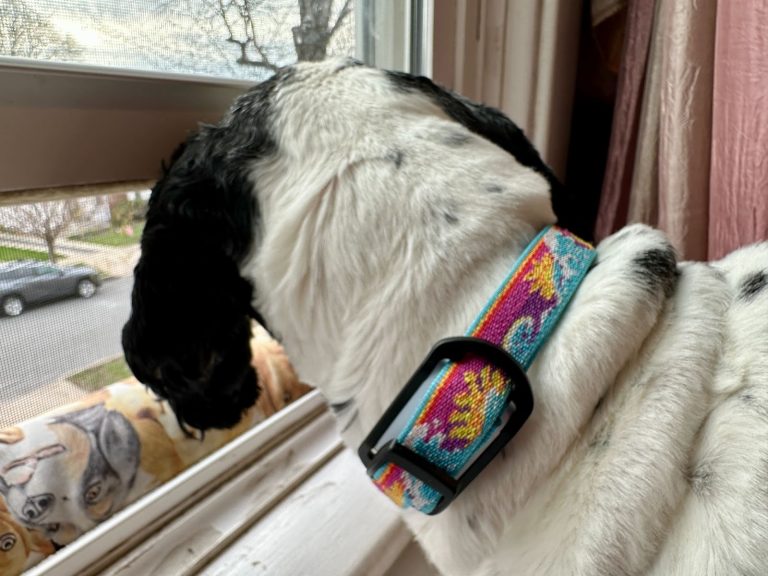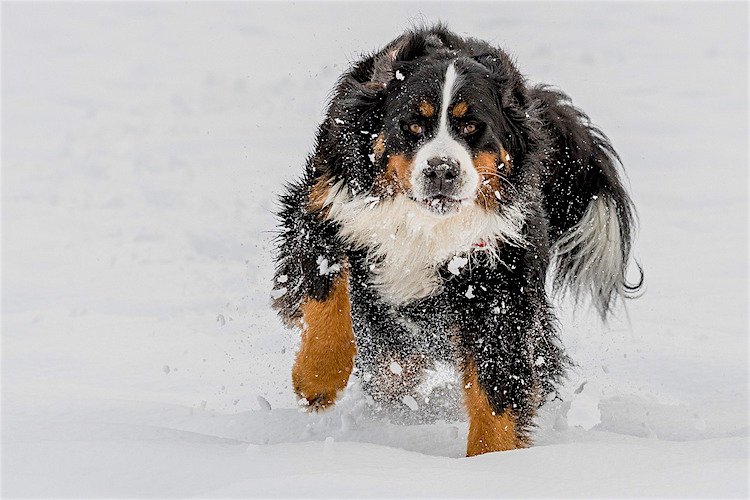Health Certificate for Dog: Why You Need One Now and How to Get It
You have just booked your family vacation, now it’s time to see what you need to do to bring your beloved pup along for the ride such as a health certificate for your dog.
You have just booked your family vacation, now it’s time to see what you need to do to bring your beloved pup along for the ride. There are different rules and regulations for pet travel, depending on destination, method of travel, and even return trips back home.

Don’t Guess When It Comes To Your Pet’s Care


Don’t Guess When It Comes To Your Pet’s Care
Health Certificate for Dog: Traveling by Car in the States
If your travel plans are within the continental United States, and you are traveling by car, here is what you need to do:
- Check with the destination state’s regulations. Some states require certain documentation and vaccines. Searching “[State] companion animal entry requirements,” should do the trick.
- Have your pup examined by your veterinarian prior to travel. Make sure your pet is healthy and up to date on all vaccines. Be sure to discuss any concerns, such as car sickness or anxiety, with your veterinarian.
- Obtain a health certificate for your dog and keep it with you for your trip. A health certificate is a document that states that your dog is healthy and lists all vaccine information. Some hotels may ask to see this certificate, or if you need to take your dog to the veterinarian while you are on the road, it is good to have.
- If your dog has any health concerns, you may want to ask your veterinarian for a copy of their full medical history. This way, if you need to make an emergency vet visit while traveling, you can provide them with the most accurate information. Also, if your dog is on any medications, make sure you have enough for the entire duration of your trip.
- Double and triple check your gear. If you are using a crate for your dog, make sure it is not broken or compromised. Make sure the crate is large enough to allow your dog to stand, turn around, and lie down comfortably. Double check your pup’s collar, harness, and leash to test durability and safety. And lastly, make sure their identification tags have current information you want to be communicated during your trip.
U.S Travel by Airplane: Where Does a Health Certificate for Dog Fit In?
Now, if you and your dog plan to travel by airplane, here is what you need to do:
Check with the airline you will be flying regarding their rules and regulations. You must make a reservation for your pooch, as different sized dogs may be required to be in cabin, or in cargo, or may not be allowed to fly the friendly skies.
Only a certain number of pets are allowed on each flight, and availability is on a first come first served basis.
If you are flying domestically, you may just need a health or vaccine certificate from your veterinarian. The airline will let you know. But again, check with your destination state about their requirements. Also, you should talk with your veterinarian if your dog needs any anti-nausea medications or sedatives for the flight.
International Health Certificate for Dogs
What if you are taking a trip overseas? Traveling with your beloved pup to a foreign country can be quite complicated. Each destination country has their own set of requirements and regulations, and it may take a series of visits to the veterinarian and can be very expensive.
Depending on the country of destination, they may require certain:
- vaccines
- tests
- treatments
- and particular paperwork.
The certificate needed may be a:
- health certificate
- international health certificate
- veterinary certificate
- or export certificate.
Not all veterinarians are certified to complete these documents, so you need to find a USDA-Accredited Veterinarian.
Once you contact them, the veterinarian will need some information such as:
- your destination address
- dates of travel to and from
- vaccine history
- microchip information
- and health status.
They can then map out when they need to perform examinations, blood tests, dewormings, etc. to ensure requirements are met in the correct time frame. Do not procrastinate contacting them! The more notice they have, the better. They may need to research certain country’s qualifications, exams may be necessary at certain time frames (ie: within 30 days of travel, or 10 days prior), and some blood tests (ie: Rabies titers) can take up to 6 weeks to get results.
There may not be a USDA-Accredited Veterinarian in your local area, so you may need to travel to see one, but it is necessary. For more information regarding international pet travel, please visit the Animal and Plant Health Inspection Service.
Returning from International Travel with Your Dog
No, we are not done yet! There may also be certain regulations for your dog to come home! The USDA-Accredited Veterinarian you see can go over everything with you, but the more information you can research independently, the better. Remember, these certificates and this process can be quite costly! The process, in its entirety may cost you hundreds to over a thousand dollars, and that does not even include the flights themselves or the in-flight snacks.
Our Take: Ask for Help With Your International Pet Travel
If this all sounds overwhelming, you are right. It is. You may want to consult a pet travel company for assistance. It is an added cost that may be worth its weight in stress.
And don’t forget your documents! Even though your veterinarian may email you all the necessary paperwork, it is best to keep a hard copy with you for reference. Good luck with your pup’s travels and Bon Voyage!
***







